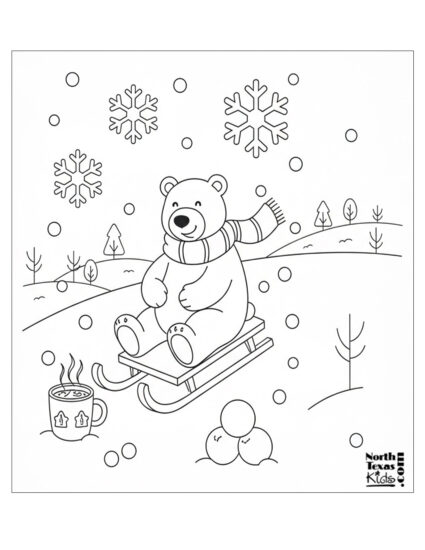Understanding Toddler Development
How to recognize developmental milestones for Children ages 12 – 36 months
Child Development is not a race — there is a wide range of “average” development. Children achieve milestones at different ages depending on their physical, emotional and mental attributes, as well as exposure to different environments, parenting styles and activities. Developmental milestones can be impacted by vision, hearing, general health, medical history, genetics, nutrition and the emotional health of the family.
There are certain developmental milestones, however, that most children reach within a specific time frame. The age when your toddler laughs at your silliness, puts words together to communicate, completes simple puzzles, starts to run and masters other tasks can give you and your pediatrician valuable information regarding how they are developing in relation to other toddlers.
There are three key areas in developmental milestones that your child should be achieving. These areas are motor development (using their hands, arms and legs in a coordinated manner), cognitive development (thinking, reasoning, using memory and problem solving) and language/social development(communicating and socializing appropriately).
Following you will find a list of developmental milestones. Under each developmental age, you will find specific milestones for that age. Following the milestones are “red flags” that you should probably bring to the attention of your pediatrician.

















